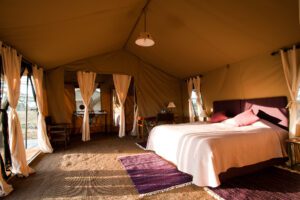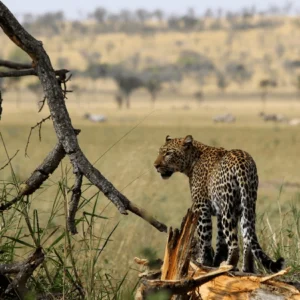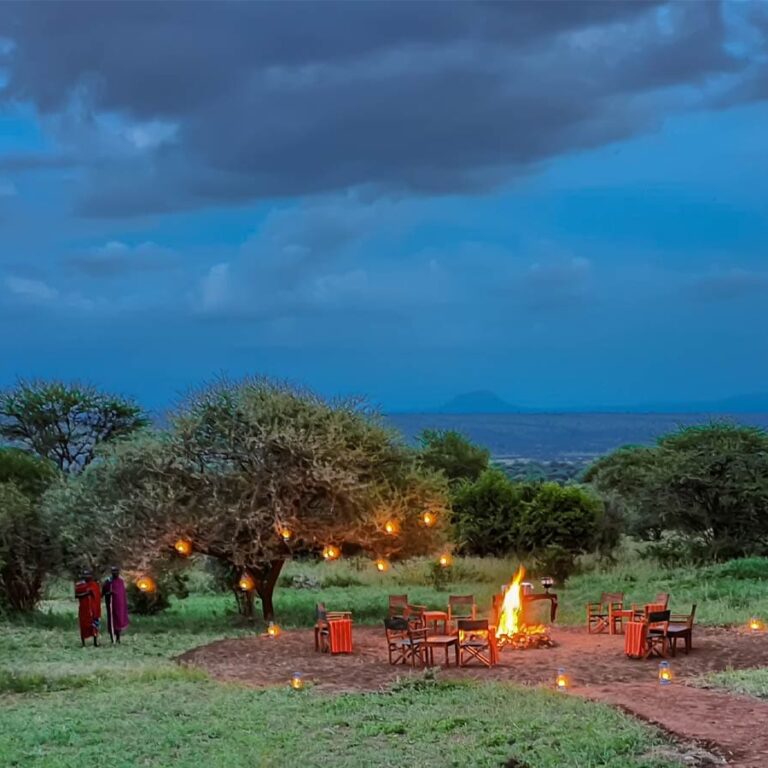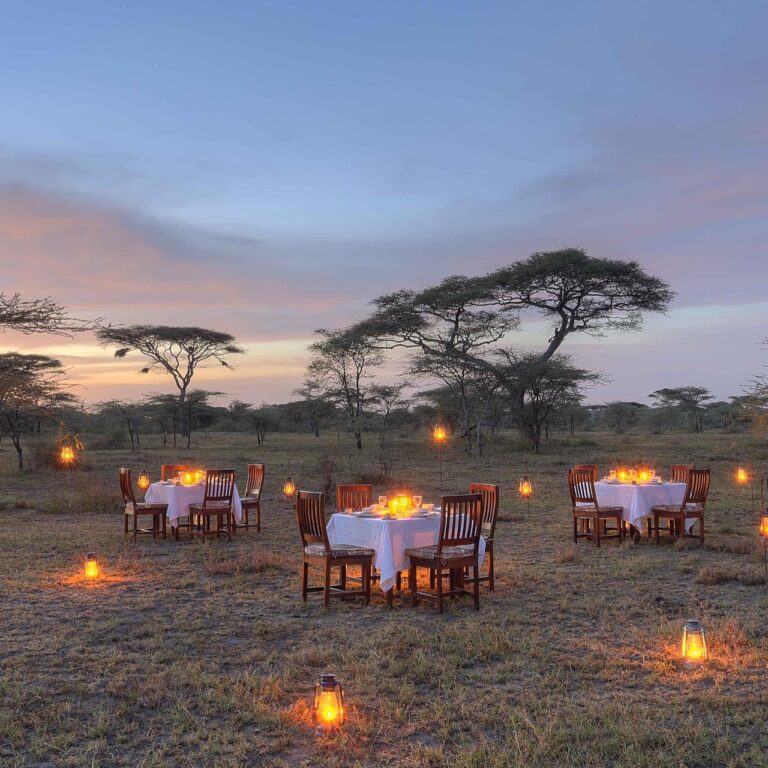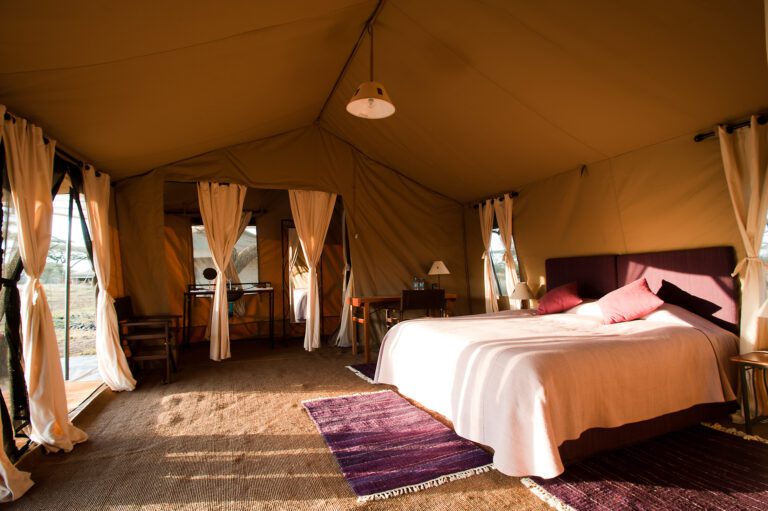Mount Kilimanjaro National Park Entry Fees, Rules, and Regulations 2024/2025.
Welcome to the ultimate guide on Kilimanjaro National Park Fees, Rules, and Regulations. Mount Kilimanjaro, located in Tanzania, is a dream destination for adventurers and nature enthusiasts from around the world. Before embarking on your thrilling journey to the summit, it is essential to familiarize yourself with the fees, rules, and regulations that govern the park. This comprehensive guide will provide you with all the necessary information to ensure a safe and enjoyable experience on Africa’s highest peak.
Understanding Park Fees
To maintain and preserve the natural beauty of Kilimanjaro National Park, the Tanzania National Parks Authority (TANAPA) has implemented park entrance fees. These fees contribute to the conservation efforts, infrastructure maintenance, and local community development initiatives within the park. Visitors are required to pay the following fees:
Park Entrance Fee: All visitors are required to pay a park entrance fee, which varies depending on nationality and residency status. The fee ranges from $60 to $70 for non-residents, $30 to $40 for East African residents, and $10 for Tanzanian citizens.
Camping Fees: If you plan to camp within the park, additional camping fees apply. The fees range from $50 to $60 per person per night for non-residents and $20 to $30 per person per night for East African residents.
Hiking Permits: Hiking permits are mandatory for anyone attempting to climb Mount Kilimanjaro. The cost of hiking permits varies depending on the chosen route and duration of the climb. On average, hiking permits range from $100 to $150 per person per day.
Kilimanjaro Crater Fees: It is an interesting experience that comes at an extra cost. For 100 USD a night you can stay at Crater Camp.
Route. Guide & Porter Fees: What is also included in the costs of your Kilimanjaro climb is the daily fees for guides and porters. You pay 2 USD per staff member a day.
Non East African Kilimanjaro Park Fees 2024 (This Is How They’re Calculated).
Park fees for hiking each Kilimanjaro route vary depending on the route chosen. Generally, fees range from $1300 to $1800 per person for the most popular routes like Machame, Lemosho, and Marangu. Less traveled routes such as Rongai and Umbwe may have slightly lower fees. These fees cover park entrance, camping, rescue fees, and conservation charges, contributing to the preservation of Kilimanjaro’s natural beauty.
Let’s assume you’re planning on climbing the Lemosho 8-day route. Here’s what you should expect to pay:
- Conservation fees: $70 x 8 = $560
- Camping fees: $50 x 7 = $350
- Rescue fees: $20 x 1= $20
- Crew fees: $2 x 4 = $8
- Subtotal: $938
- VAT: $168.84
- Total: $1,106.84
Mount Kilimanjaro National Park Fees East African Citizens.
To qualify for this rate, you’ll have to provide a valid passport or national ID card from one of the following countries: Tanzania, Kenya, Uganda, Rwanda, Burundi, South Sudan, Somalia
| Kilimanjaro National Park | EAC (Tshs) | Non EA Citizen (US $) | Expatriate/ TZ Residents (US $) |
| Of or above the age of 16 years | 10,000 | 70 | 30 |
| Between the age of 5 and 15 years | 2,000 | 20 | 10 |
| Children below the age of 5 years | Free | Free | Free |
The above Kilimanjaro entry fees are excluding the 18% VAT which was introduced by the government in July 2017. 10% increase of entry fees by year 2024/2025+ as well as camping or accommodation!
Safety Guidelines and Regulations
Ensuring the safety of climbers is of utmost importance within Kilimanjaro National Park. To maintain a secure environment, the park has established the following safety guidelines and regulations:
Acclimatization: Due to the high altitude and potential risks associated with altitude sickness, it is crucial to acclimatize properly during the climb.
Certified Guides: It is mandatory to climb Mount Kilimanjaro with a certified guide. Professional guides possess extensive knowledge of the mountain, its routes, and safety procedures. They play a crucial role in ensuring the well-being and success of climbers.
Group Size Limit: Mount Kilimanjaro is limited to 12 individuals. This restriction helps maintain the ecological balance and minimizes the impact on the mountain’s fragile ecosystem.
Equipment and Gear: Proper hiking boots, warm clothing, sleeping bags, and other essential items. These measures ensure the safety and comfort of climbers throughout their journey.
Camping Regulations:
Camping within Kilimanjaro National Park is a popular choice for trekkers. When camping within Kilimanjaro National Park, it is crucial to adhere to the following regulations to protect the environment and maintain cleanliness:
Designated Campsites:
Camp only in designated campsites along the various routes. Equipped with basic facilities such as toilets, water, and shelter. Respect the boundaries set by the park authorities to preserve the natural surroundings.
Leave No Trace:
Practice the “Leave No Trace” principle by leaving your campsite exactly as you found it. Dispose of all waste properly and pack out everything you brought in. This includes not leaving behind any trash, food scraps, or personal belongings. Keep the campsites clean and ensure that they remain pristine for future hikers.
Campfire Restrictions:
Open fires are not allowed within the park. Respect the regulations and use alternative methods for cooking and staying warm. Carry portable stoves and fuel canisters to prepare your meals. This helps reduce the risk of accidental fires and protects the fragile ecosystem of the mountain.
Noise and Respect:
Maintain a peaceful environment and be considerate of other campers. Avoid excessive noise that may disturb fellow climbers or fauna. Respect the tranquility of the surroundings and allow others to enjoy the serenity of the mountain.
Camping Permits:
Obtain the necessary camping permits before starting your trek. These permits ensure that the park authorities are aware of your presence and can provide assistance if needed. Failure to acquire the proper permits may result in penalties or denial of access to certain areas.
Tents and Gear:
Set up your tents only in designated areas within the campsites. Remember to pack important items such as a sleeping bag, camping mat, and appropriate clothing for the changing weather conditions.
Are there any age restrictions for camping in Kilimanjaro National Park?
There are no specific age restrictions for camping in the park. However, it is important to consider the physical fitness and endurance required for the climb. It is suggest that children be at least 10 years old to embark on the trek, and individuals of any age should be in good health and enough prepared.
Can I bring my own camping equipment or do I need to rent it?
You have the option to bring your own camping equipment or rent it from authorized providers. It is essential to ensure that your equipment is suitable for the challenging conditions of the mountain. If renting, make arrangements in advance to secure the necessary gear.
Are there any restrictions on the type of food I can bring for camping?
There are no specific restrictions on the type of food you can bring for camping. However, it is recommended to bring lightweight, nutritious, and easily portable food items. Pack high-energy snacks, dehydrated meals, and plenty of water to stay hydrated throughout the trek.
Can I camp on Mount Kilimanjaro without a guide?
No, it is mandatory to climb Mount Kilimanjaro with a skilled guide. Guides play a vital role in ensuring your safety, providing valuable knowledge about the mountain, and helping you acclimatize properly.
Are there restroom facilities available at the Kilimanjaro Campsites?
Yes, the designated campsites along the routes have restroom facilities in the form of basic toilets. Although facilities are limited, and
What are the entrance fees for Kilimanjaro National Park?
A: The entrance fees vary depending on nationality and residency status. Non-residents can expect to pay between $60 and $70, while East African residents pay between $30 and $40. Tanzanian citizens are charged $10 as the park entrance fee.
Are the park fees Included in the Kilimanjaro Hiking permits?
No, the park entrance fees and hiking permits are separate. The park fees cover access to the park, while hiking permits are specifically for climbing Mount Kilimanjaro.
Do I need to book Kilimanjaro hiking permits in advance?
Book hiking permits well in advance to secure your spot on the mountain. It is advisable to make reservations through authorized tour operators or the Tanzania National Parks Authority (TANAPA).
Are there any additional fees for Camping in Kilimanjaro National Park?
Yes, camping fees are separate from the park entrance fees. The camping fees range from $50 to $60 per person per night for non-residents and $20 to $30 per person per night for East African residents.
Can I pay the Kilimanjaro park fees and permits in cash?
Yes, both cash and credit card payments are accepted for park fees and permits. Carry sufficient cash in case of any technical issues with card payment facilities.
What happens if I need to cancel my Kilimanjaro hiking permit or change my climbing dates?
The cancellation and refund policies for hiking permits vary based on the tour operator or agency you booked with. It is important to familiarize yourself with their terms and conditions regarding cancellations and changes. In some cases, fees may be non-refundable or subject to certain penalties.
Are there any age restrictions for climbing Mount Kilimanjaro?
While there are no specific age restrictions, it is important to consider the physical fitness and endurance required for the climb. At least 10 years old to embark on the trek, and individuals of any age should be in good health and adequately prepared.
Can I climb Mount Kilimanjaro without a guide?
No, climbing Mount Kilimanjaro without a skilled guide is not allowed. Guides play a crucial role in ensuring your safety and well-being throughout the climb. They possess valuable knowledge of the routes, weather conditions, and necessary precautions.
What happens if I fail to adhere to the Kilimanjaro Park rules and regulations?
Failure to comply with the park rules and regulations can result in penalties or even denial of access to certain areas of the park. It is important to respect and follow the guidelines to preserve the natural environment and ensure a safe experience for all visitors.
Can I obtain the necessary permits and pay the park fees upon arrival at the park?
Arrange the necessary permits and pay the park fees in advance to secure your spot and avoid any last-minute complications. Booking in advance also allows for better planning and preparation for your climb.
Conclusion
By familiarizing yourself with the Kilimanjaro National Park fees, rules, and regulations, you can ensure a smooth and enjoyable experience during your climb. Remember to plan ahead, book your permits in advance, and adhere to the safety guidelines and camping regulations. TripAdvisor Reviews.



